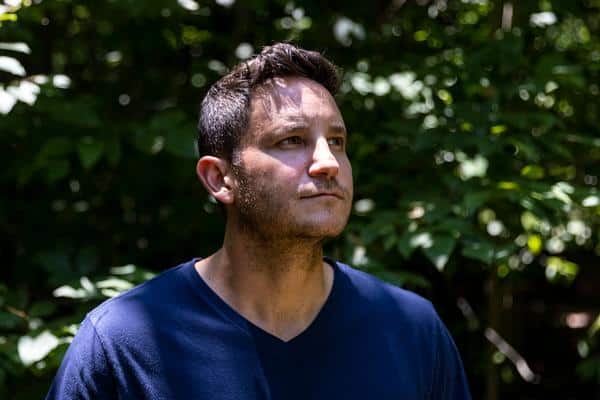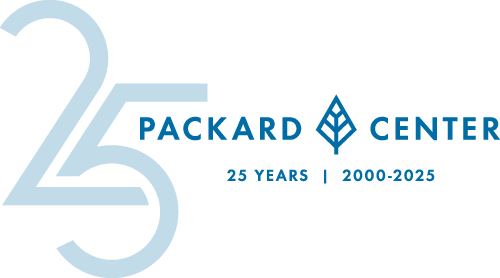


Legacy of Terror and Hope

For people with inherited forms of ALS, learning of their genetic predisposition can feel like a “death sentence.” But clinical trails offer a level of hope not available to the majority of ALS patients.
Not long after Rickie Samuel learned that she had ALS, a heartbreakingly disabling and fatal neurological disease, she and several members of her family met with her treatment team to hear more horrible news.
Two years ago at Temple University Hospital, Terry Heiman-Patterson told them that Samuel’s illness was caused by an abnormality of the C9orf72 gene. The mistake, which was identified just 10 years ago, causes ALS and a form of dementia that first affects judgment and language skills rather than memory. Scientists believe that almost everyone who carries the mutation will get one of the diseases if they live long enough. Some, like Samuel, get both.
Samuel’s son, Daniel Gerson and his wife, Mollie Elkman, along with Samuel’s sister and others, learned at the meeting that Samuel’s siblings and her children each had a 50-50 chance of having the errant gene. Grandchildren could also be at risk. Elkman felt time stop as those words sunk in. She and Gerson have two children.
The doctor then asked a momentous question: Did the other family members want to be tested, too?
The results could bring immense relief or terror or both. But even bad news offered a level of hope not available to the majority of ALS patients, who have no known disease cause to target with treatment.
Medicines that combat specific ALS mutations, including C9, are already being tested. ALS specialists like Heiman-Patterson, who is a neurologist, believe people with inherited forms of ALS have the best shot at true treatment breakthroughs.
Gerson and two other family members instantly asked to be tested.
Almost as quickly, Gerson, now 44, had second thoughts, but his wife insisted she had to know.
Elkman describes the five weeks they waited for results as a “black hole.” She filled it with researching the disease she feared would take her husband and children. She cried and slept, exhausted by the cacophony of emotion. In her gut, she was sure that Gerson, who had had a serious-but-undiagnosed illness years earlier, had the gene.
Long before he knew of his genetic predisposition, Gerson had what he called an “irrational fear” of ALS. He was worried about twitching leg muscles his doctors hadn’t been able to explain. He and a friend went to the Havasupai Indian Reservation near Grand Canyon. Surely that would calm him down. Instead, he found himself ”flipping out inside” while surrounded by breathtaking scenery.
As he hiked through the spectacular landscape, Gerson silently repeated a mantra thousands of times: “I am not a carrier of ALS genes. I will not get ALS.”
